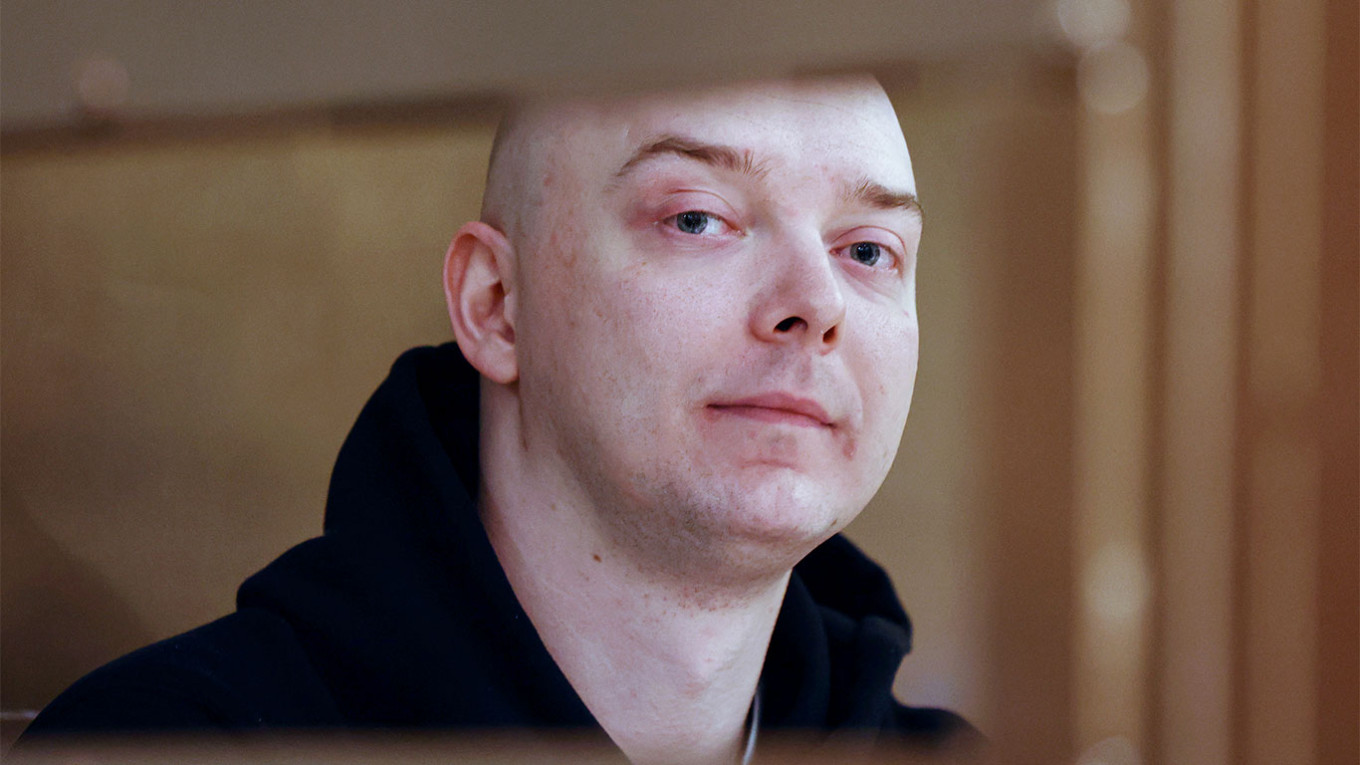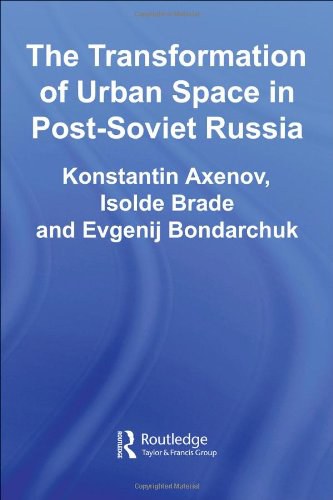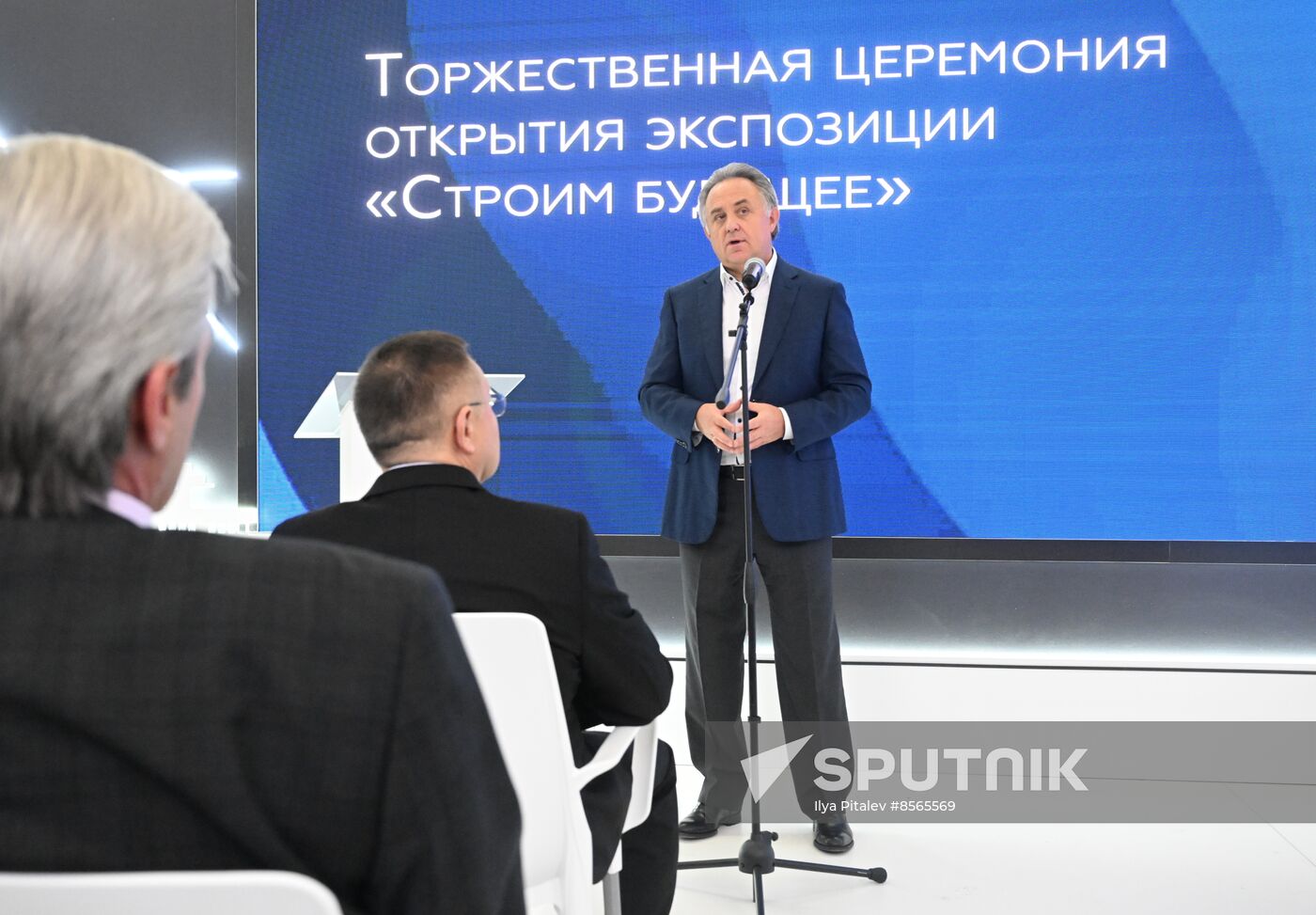## Captivating Transformations: The Revolutionary Reforms by Peter the Great That Shaped Modern Russia
### Introduction to Reforms by Peter the GreatPeter the Great, the Tsar of Russia from 1682 until 1725, is often heralded as one of the most transformative……
### Introduction to Reforms by Peter the Great
Peter the Great, the Tsar of Russia from 1682 until 1725, is often heralded as one of the most transformative leaders in Russian history. His reign marked a significant turning point for the nation, as he implemented a series of comprehensive reforms aimed at modernizing Russia and elevating its status on the world stage. The **reforms by Peter the Great** were not merely administrative changes; they were radical shifts that affected every facet of Russian society, from the military to culture, and even the economy.
### Military Reforms
One of the cornerstones of the **reforms by Peter the Great** was the modernization of the Russian military. Recognizing that Russia's military was outdated compared to European powers, Peter sought to create a formidable army and navy. He established a conscription system that drafted peasants and trained them in modern warfare techniques. Moreover, he founded the Russian Navy, which allowed Russia to project its power beyond its borders. The establishment of military academies ensured that officers were well-educated and equipped with the latest military strategies.
### Administrative Reforms

In addition to military changes, Peter implemented a series of administrative reforms that centralized power and improved governance. He reorganized the government by creating new ministries and departments, which streamlined decision-making processes. The **reforms by Peter the Great** also included the introduction of a Table of Ranks, which allowed individuals to gain positions of power based on merit rather than noble birth. This was a revolutionary idea in a society steeped in feudalism and aristocracy.
### Economic Reforms
Economically, Peter the Great sought to modernize Russia's industries. He encouraged the development of manufacturing and the establishment of new industries, such as shipbuilding and textiles. To achieve this, he invited foreign experts to Russia, providing them with incentives to share their knowledge and skills. The **reforms by Peter the Great** also included the establishment of state monopolies on certain goods, which allowed the government to control production and revenue.
### Cultural Reforms

Culturally, Peter the Great aimed to transform Russian society by promoting Western European customs and practices. He introduced the Julian calendar and encouraged the adoption of Western clothing and etiquette. The **reforms by Peter the Great** also included the establishment of educational institutions, which emphasized science and technology, preparing a new generation of Russians for a modern world. By fostering a culture of learning and innovation, Peter laid the groundwork for Russia's future advancements.
### Legacy of the Reforms
The legacy of the **reforms by Peter the Great** is profound and enduring. While some of his changes faced resistance and were met with challenges, the impact of his reign can still be felt today. He laid the foundation for Russia's emergence as a major European power and set in motion a series of changes that would continue to evolve long after his death.
### Conclusion

In summary, the **reforms by Peter the Great** were a series of bold and transformative changes that reshaped Russia in the late 17th and early 18th centuries. His vision of a modernized Russia was realized through comprehensive military, administrative, economic, and cultural reforms. These changes not only strengthened the nation but also positioned it as a significant player on the global stage. Understanding these reforms provides valuable insight into the complexities of Russian history and the enduring influence of Peter the Great's legacy.